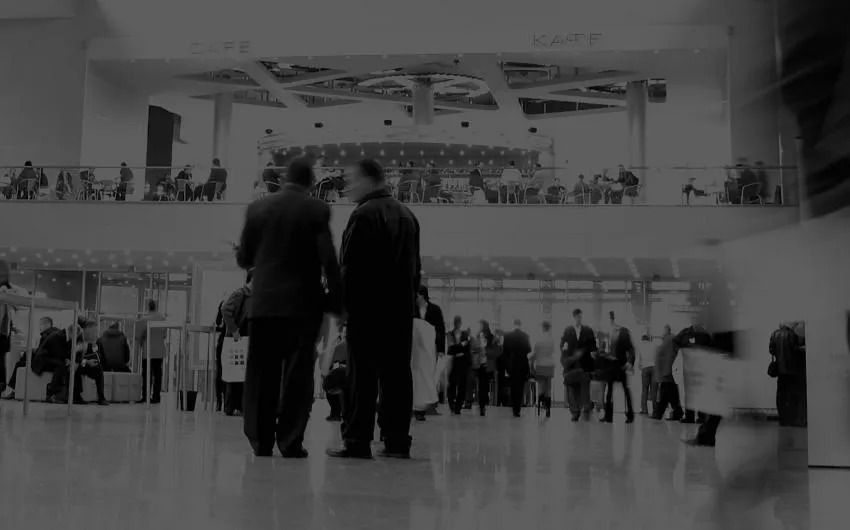Report: AEV/AEO/ESSA Electrics Commitee meeting, November 3, 2016
The cross-association Technical Committee – Electrics Working Group met for the final time in 2016 on November 3rd at Farnborough International, with Chris Morrison of Olympia London in the chair.
Morrison opened the meeting with his thanks to Farnborough International for hosting the meeting, and the delegates for attending. After the apologies were read, and the minutes of the last meeting were approved, Morrison directed the group to the first discussion topic, electrical competency, which led to a wider discussion of competency generally, training and recruiting young people into the industry.
The group noted that the HSE competency document is not sufficiently specific, and the onus is on the venues and contractors to provide precise details of any requirements. The group also noted that there has been a long running discussion about the competency certification for electricians at events, and that there are many existing, but not industry specific, qualifications and certifications available.
Members suggested that the eGuide could be a good starting point for defining and determining competency, and that core staff could have certificates. The group noted the existence of the CSCS card, used in the construction industry,which is given out following an online test, and that CITB ECS offers different passports for electrical competency, and that these might serve as good examples to start an industry competency register with.
The group also noted that a competency scheme may encourage organisers to choose contractors who are members over those who are not, and this could be a good opportunity to drive standards upwards across the board.
The group agreed that an industry competency scheme is important, particularly for electrics, that any scheme must be carefully constructed to ensure industry-specific guidance, and that the scheme should have ‘teeth'. Andrew Harrison, ESSA director, commented that a cross association approach was vital to avoid duplication of effort, and that ESSA would poll its member contractors to establish their preferences for moving forward as soon as possible.
The next discussion topic the group touched on was the training college and apprenticeship schemes developed by ESSA. Harrison explained the details of the ESSA online college to the group, noting that there were 5 courses specifically dealing with electrics, and also mentioned that ESSA was in discussions with a national apprenticeship provider to develop specific event industry apprenticeship schemes in the future.
A brief discussion about lithium batteries followed, and whether they could be used to power exhibition stands. An ESSA member is working on a new technology to do this, and wanted to know whether this technology would be allowed within venues.
The group then moved on to its final discussion topic, the incidence of exhibitors or other contractors carrying out electrical work from the 13A sockets installed by the designated electrical contractor for the show. The group agreed that whilst organisers may be responsible for ensuring this doesn't happen, a more practical solution was required. The group discussed various ways of reducing and preventing this practice.
The group then agreed to table two agenda items for the next meeting, competency training and multiple mains on single stands, and set the date and venue of the next meet as Wednesday March 29, 2017 at Ricoh Arena.
With no further business and none raised in AOB, the chair thanked all members for attending and closed the meeting.


)
)
)
)
)
)
)
)
)
)
)
)
)
)
)
)
)
)
)
)
)
)
)
)
)
)
)
)
)
)
)
)
)
)
)
)
)
)
)
)
)
)
)
)
)
)
)
)
)
)
)
)
)

)
)
)